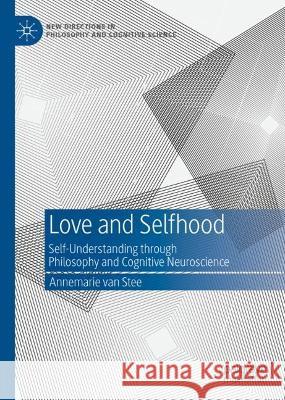Love and Selfhood: Self-Understanding Through Philosophy and Cognitive Neuroscience » książka
topmenu
Love and Selfhood: Self-Understanding Through Philosophy and Cognitive Neuroscience
ISBN-13: 9783031068003 / Angielski / Twarda / 2022 / 239 str.
Love and Selfhood: Self-Understanding Through Philosophy and Cognitive Neuroscience
ISBN-13: 9783031068003 / Angielski / Twarda / 2022 / 239 str.
cena 484,18
(netto: 461,12 VAT: 5%)
Najniższa cena z 30 dni: 462,63
(netto: 461,12 VAT: 5%)
Najniższa cena z 30 dni: 462,63
Termin realizacji zamówienia:
ok. 22 dni roboczych
Dostawa w 2026 r.
ok. 22 dni roboczych
Dostawa w 2026 r.
Darmowa dostawa!
Kategorie BISAC:
Wydawca:
Springer International Publishing AG
Seria wydawnicza:
Język:
Angielski
ISBN-13:
9783031068003
Rok wydania:
2022
Ilość stron:
239
Wymiary:
21.0 x 14.8
Oprawa:
Twarda
Dodatkowe informacje:
Wydanie ilustrowane











